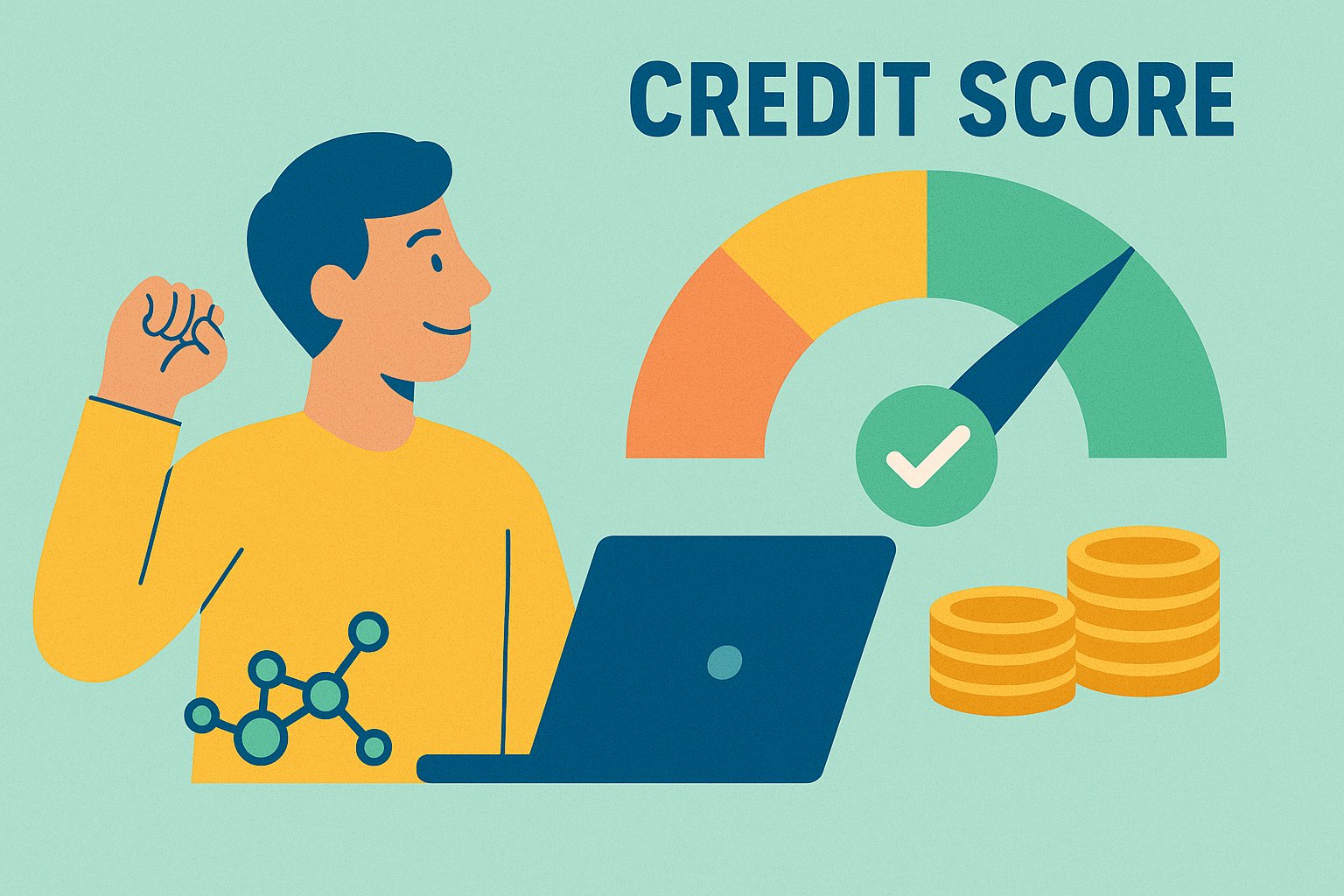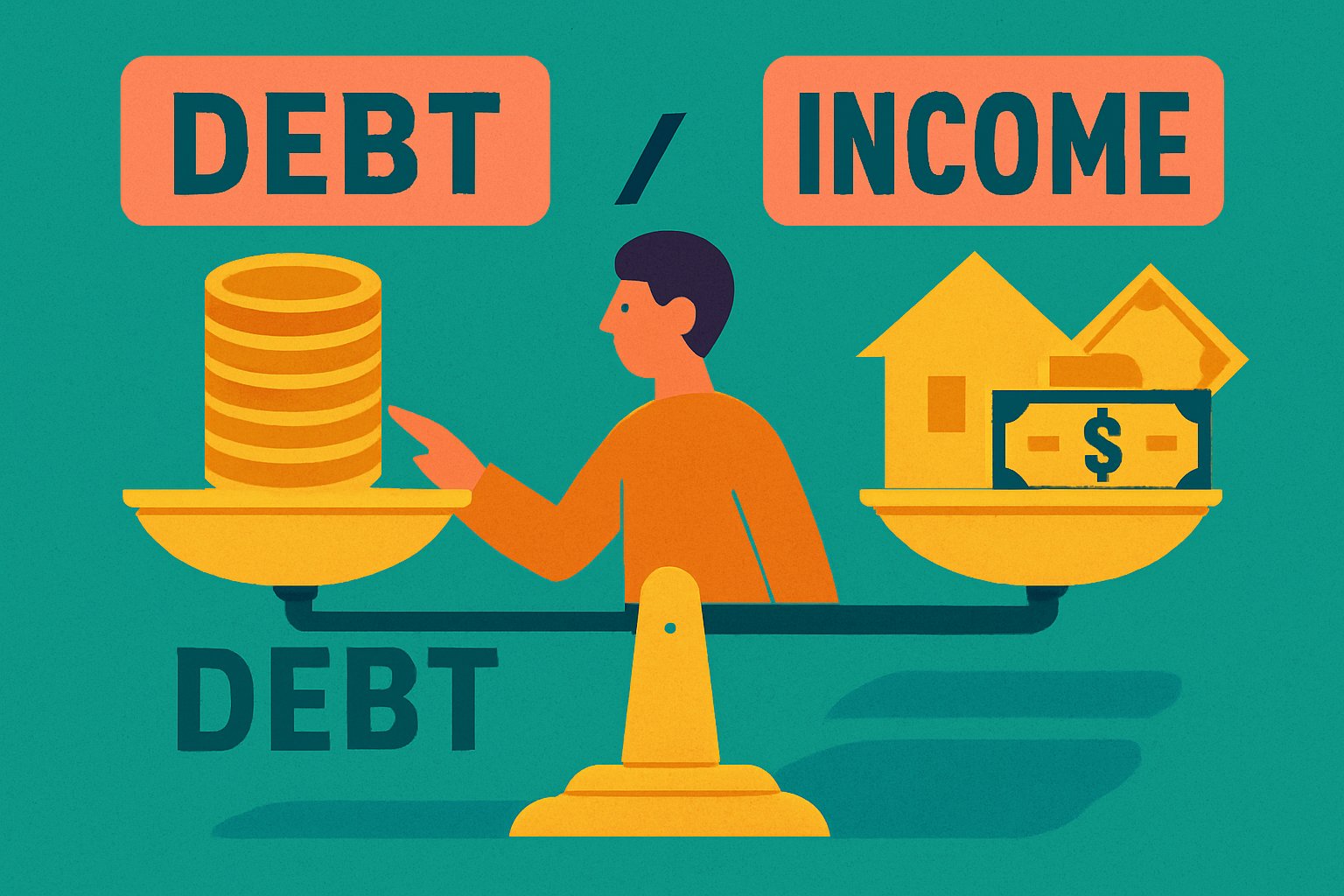Crafting a Strong Credit Foundation
Your credit score is more than just a number; it’s the passport that unlocks better terms and faster approvals in debt crowdfunding. Platforms like LendingClub, Prosper, and Funding Circle rely heavily on this three-digit metric as an indicator of risk. A higher score signals responsible financial behavior, instilling confidence in potential lenders and increasing the likelihood of securing funding at competitive interest rates. In this introduction, we’ll explore why elevating your credit score is a critical step before launching a crowdfunding campaign and set the stage for actionable strategies to boost your approval odds.
Mapping the Credit Score Ecosystem
At its core, a credit score quantifies your creditworthiness by evaluating payment history, credit utilization, length of credit history, types of credit used, and new credit inquiries. Each of these factors plays a distinct role in calculating your FICO or VantageScore. For example, payment history accounts for roughly 35 percent of your score, while credit utilization represents approximately 30 percent. Understanding this ecosystem is paramount: by recognizing which components deserve the most attention, you can allocate your efforts strategically. In the context of debt crowdfunding, a well-managed credit profile not only improves your score but also signals to lenders that you’re a low-risk candidate worthy of their investment.
Retrieving and Interpreting Your Credit Report
Before implementing improvements, you must first know where you stand. Requesting a credit report from all three major bureaus—Equifax, Experian, and TransUnion—allows you to identify discrepancies, outdated information, or accounts you might have forgotten. Obtain your free annual reports through AnnualCreditReport.com and review each for inaccuracies. Pay close attention to late payments, collections, charge-offs, or debts that don’t belong to you. Each erroneous entry can drag your score down, potentially derailing your debt crowdfunding ambitions. By carefully interpreting your credit reports, you build a roadmap for improvement rooted in accurate, up-to-date information.
Disputing Errors: The Fast Track to Improvement
Even a single incorrect notation can have an outsized impact on your overall score. If you spot errors—such as a paid-off account still marked as delinquent or a debt that isn’t yours—file a dispute immediately with the relevant bureau. Provide clear documentation: payment receipts, account statements, or letters from creditors. Bureaus generally have 30 days to investigate, during which they must verify the accuracy of each contested item. Successful disputes can remove negative marks, potentially boosting your score by dozens of points. In turn, this swift improvement can significantly enhance your debt crowdfunding approval odds, since lenders view updated reports more favorably than ones littered with unresolved disputes.
Balancing Credit Utilization: The 30 Percent Rule
One of the most influential factors in your credit profile is your credit utilization ratio—the percentage of available credit you’re using on revolving accounts such as credit cards. Experts recommend keeping this ratio below 30 percent on each card and overall. If you have a card with a $10,000 limit, for instance, aim to carry a balance no higher than $3,000 at any time. By paying down existing balances and avoiding large purchases before applying for debt crowdfunding, you reduce the ratio, which can promptly lift your score. Consistently maintaining low utilization not only signals prudent financial management to lenders but also demonstrates that you aren’t overextending yourself—an attractive quality for debt crowdfunding backers.
Cultivating a Stellar Payment History
The single most critical driver of your credit score is your payment history. Timely payments on loans, credit cards, and other obligations account for more than a third of your total score. To bolster this foundation, automate monthly payments for all credit accounts—minimizing the risk of missed deadlines. If you’ve experienced recent late payments, reach out to creditors to request goodwill adjustments, especially for isolated instances caused by extenuating circumstances. Over time, a string of on-time payments gradually eclipses past missteps, reflecting steady reliability. As you prepare to launch your debt crowdfunding campaign, a spotless or improving payment record reinforces your narrative of fiscal responsibility and dedication to meeting commitments.
Diversifying Your Credit Mix Thoughtfully
Lenders prefer borrowers who demonstrate responsible handling of varied credit types—revolving accounts like credit cards, installment loans such as auto or student loans, and retail financing might all appear on your report. A balanced mix can boost your score by up to 10 percent, as it indicates adaptability to different repayment structures. However, avoid opening multiple new accounts in quick succession solely to diversify; the resulting hard inquiries may temporarily lower your score. Instead, focus on managing existing accounts responsibly. If you already have one installment loan, resist the urge to open a second dissimilar account unless it aligns with your genuine financial needs. A well-curated credit mix conveys to debt crowdfunding platforms that you can handle diverse obligations without strain.
Managing Aging Accounts and New Inquiries
Length of credit history and recent inquiries constitute smaller yet meaningful portions of your score—approximately 15 and 10 percent, respectively. A longer credit history suggests stability and experience, so avoid closing old credit cards with zero balance unless they impose high fees. These aged accounts serve as anchors, demonstrating years of responsible usage. Regarding hard inquiries, each new credit check typically reduces your score by a few points for up to a year. If you plan a debt crowdfunding campaign in the next three to six months, delay applying for new credit cards or loans until after you’ve secured funding. By timing your new inquiries judiciously, you protect your score from unnecessary dips that could weaken your crowdfunding appeal.
Building Positive History Through Strategic Habits
Beyond correcting errors and managing ratios, the best way to strengthen your credit score is through consistent, disciplined habits. Adopt a strategy of paying credit card balances in full each billing cycle whenever possible, or make multiple payments per month to keep utilization low. Set up calendar reminders to review monthly statements and monitor for suspicious activity. If your credit mix consists solely of credit cards, consider a small installment loan—perhaps a credit-builder loan from a local credit union—if it aligns with your financial goals. Making small, consistent strides compounds over time, turning a once-modest score into a formidable asset that shines on debt crowdfunding platforms.
Presenting Your Improved Profile to Lenders
Once you’ve implemented these strategies and seen your score rise, it’s time to showcase your enhanced credit profile. When you complete your debt crowdfunding application, provide lenders with a summary of the steps you took—disputing errors, slashing utilization, automating payments, and nurturing account diversity. This transparency not only reinforces trust but also demonstrates proactive financial management. If the platform allows you to upload a recent credit report, do so, ensuring that it reflects the improvements you’ve achieved. A higher credit score will likely qualify you for a lower interest rate, reducing the overall cost of borrowing and making your campaign more attractive to prospective lenders.
Sustaining Momentum After Successful Funding
Securing approval through debt crowdfunding is a milestone, but maintaining and further improving your credit score should remain a priority. Continue the habits that elevated your score—paying balances on time, keeping utilization low, and refraining from opening unnecessary accounts. After your crowdfunding campaign concludes, allocate a portion of the funds toward an emergency reserve to buffer against unexpected expenses. A well-padded cushion minimizes reliance on revolving credit, keeping your utilization in check. Should you decide to return for another debt crowdfunding campaign in the future, your ongoing score maintenance will expedite the process, yielding better approval odds and more favorable terms.
Looking Beyond Credit to Financial Resilience
While boosting your credit score is pivotal for debt crowdfunding success, it’s part of a broader commitment to financial resilience. Cultivating an emergency fund, diversifying income streams, and refining your budget all contribute to long-term stability and reduce pressure on credit accounts. A fortified buffer means you can weather job loss, unexpected medical bills, or market downturns without derailing your credit improvement plans. When you approach debt crowdfunding with a holistic sense of preparedness—combining an impressive credit score with smart savings and a solid income strategy—you send a clear signal to lenders: you are not only ready for this loan today but also prepared to navigate tomorrow’s uncertainties.




